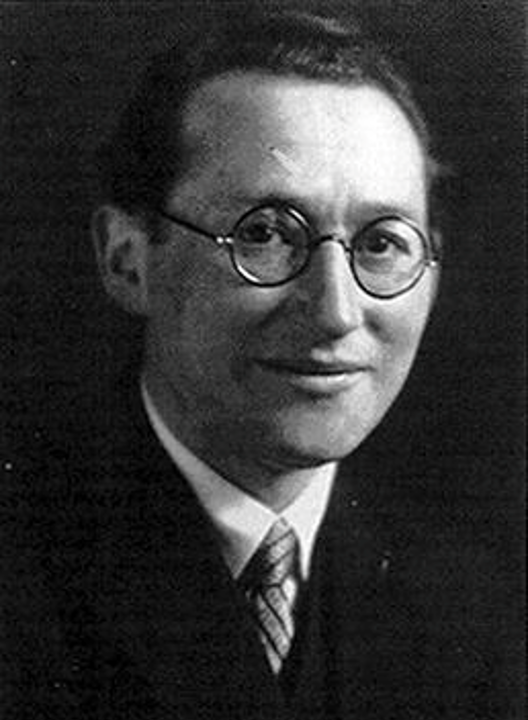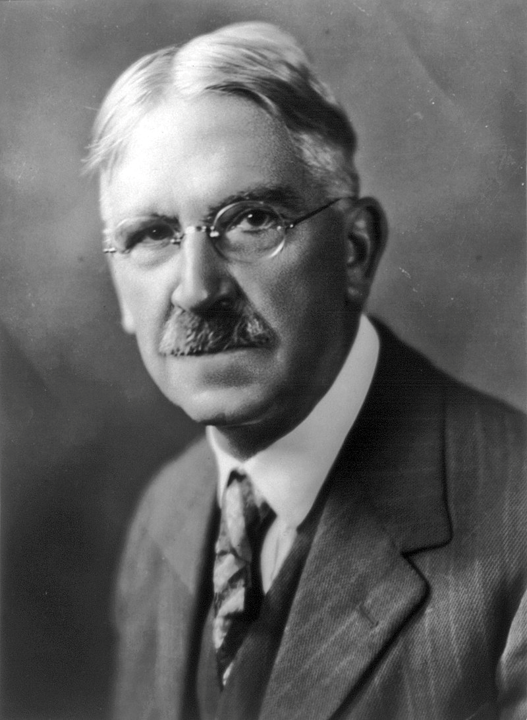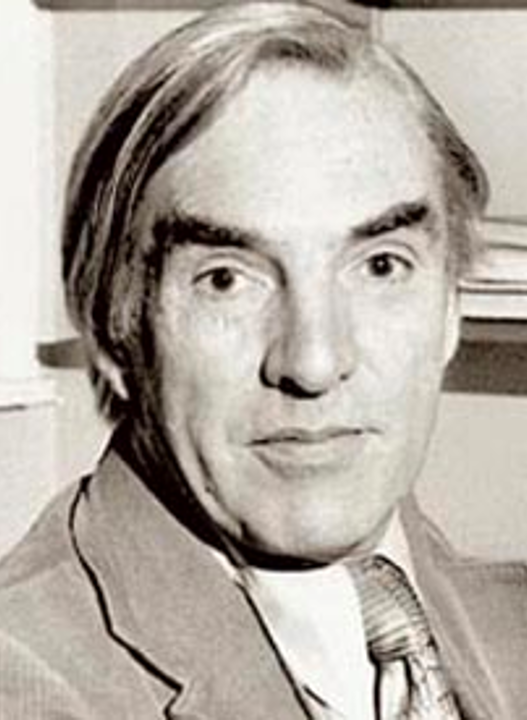Action research, originating from community organizations and workplaces, significantly impacts education. Key contributors like Kurt Lewin, John Dewey, and Lawrence Stenhouse have been instrumental in its development.
Action Research Contributions

Kurt Lewin
Source:
Wikipedia.org, Public Domain
Kurt Lewin
In the 1930s, Lewin first coined the term action research. His work initially in workplace studies led to the concept of action research as a reflective, spiraling process for improving work environments and addressing social issues. He linked his ideas to Dewey’s progressive education movement, laying the foundation for schools to drive democratic change in communities. Lewin is recognized for formalizing the theory and principles of action research (Hendricks, 2013).

John Dewey
Source:
Wikipedia.org, Public Domain
John Dewey
In the 1930s, Lewin first coined the term action research. His work initially in workplace studies led to the concept of action research as a reflective, spiraling process for improving work environments and addressing social issues. He linked his ideas to Dewey’s progressive education movement, laying the foundation for schools to drive democratic change in communities. Lewin is recognized for formalizing the theory and principles of action research (Hendricks, 2013).

Lawrence Stenhouse
Source:
richardmillwood.net
Lawrence Stenhouse
In the 1930s, Lewin first coined the term action research. His work initially in workplace studies led to the concept of action research as a reflective, spiraling process for improving work environments and addressing social issues. He linked his ideas to Dewey’s progressive education movement, laying the foundation for schools to drive democratic change in communities. Lewin is recognized for formalizing the theory and principles of action research (Hendricks, 2013).
To get a more comprehensive history of action research, watch the following video.
Video
Rewards of Action Research
Educational action research is a system of inquiry that teachers, administrators, and other educational personnel can use to examine, change, and improve their work with students, educational institutions, and communities.
Benefits
Educator
- Reflective Practice:
Encourages critical reflection in institutional and professional contexts, fostering lifelong learning. - Professional Empowerment:
Puts educators in control of their development, promotes collaboration and shared insights, and provides a platform for their voice. - Teaching Improvement:
Integrates theory into practice, rethinks evaluation methods, and enhances awareness and knowledge of teaching methods.
Student
- Enhanced Learning:
Builds deeper understanding through a learner-centered approach, engaging students in discussions about their learning.
Practice
- Collaborative Enhancement: Fosters collegiality and joint problem-solving across disciplines, generating valuable data for improvement in teaching methods and institutional practices. Helps educators apply theoretical knowledge in practical settings.
Overall, the action research process empowers educators to generate and share insights about their practice with students and colleagues. It serves as a guiding force for professional development, enabling practitioners to study and shape their work.
This transformative process informs and enhances teaching practices, fostering personal insight, self-awareness, and professional growth.
Additional Resource
To further your understanding of how action research can inform and enhance your teaching, view the following video: The Rewards of Action Research for Teachers

